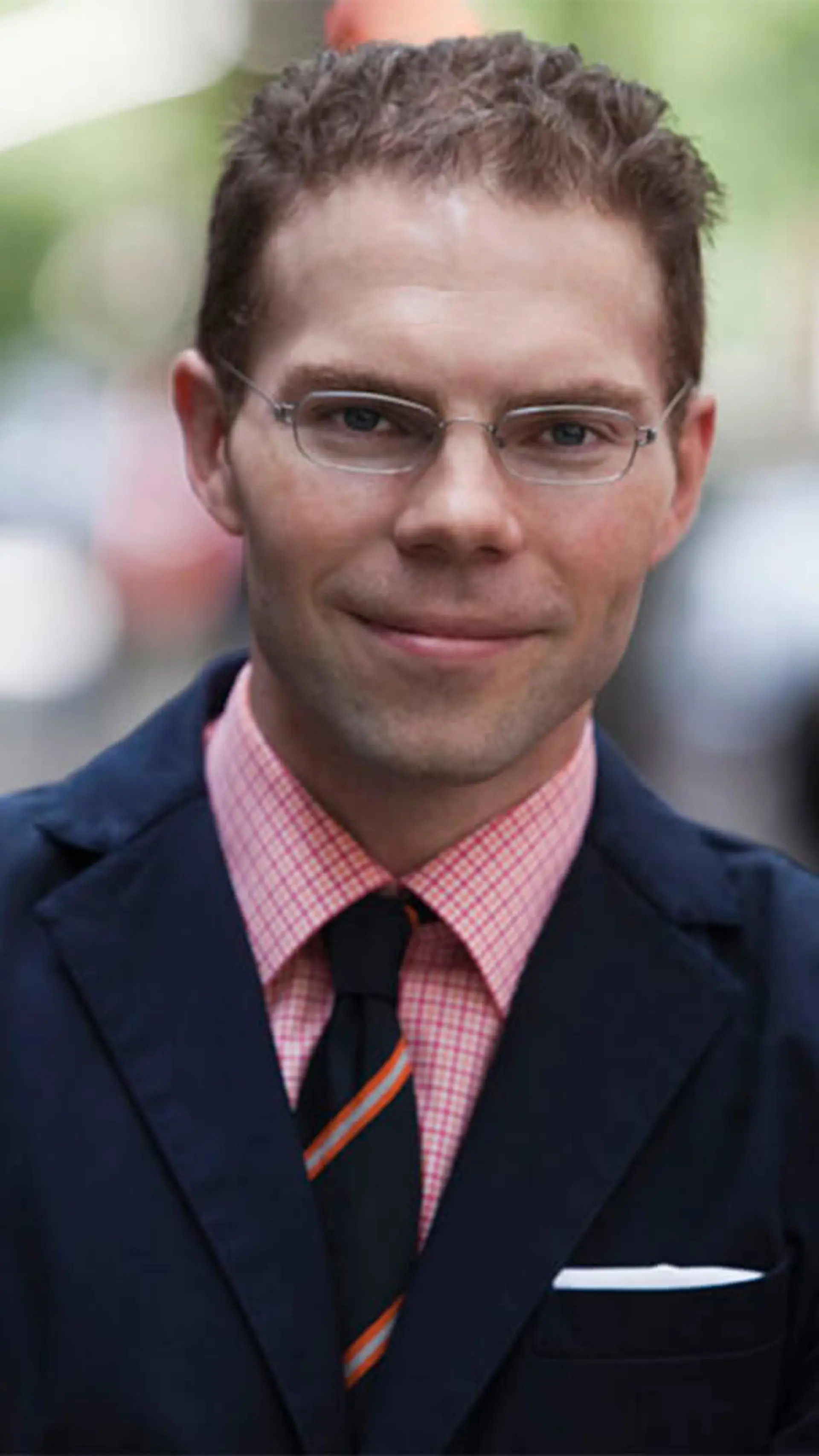
Greg Lindsay
5 of 5
Engaging, intellectual style with excellent content for target audience.
Deirdre Toner
American Society of Landscape Architects, Illinois Chapter

5 of 5
Engaging, intellectual style with excellent content for target audience.
Deirdre Toner
American Society of Landscape Architects, Illinois Chapter
Greg Lindsay is a contributing writer for Fast Company and author of the international bestseller Aerotropolis: The Way We’ll Live Next, which examines how and where we choose to live in an interconnected world.
His writing has appeared in The New York Times, The Wall Street Journal, Bloomberg BusinessWeek, The Financial Times, McKinsey Quarterly, World Policy Journal, Time, Wired, New York, Travel + Leisure, Condé Nast Traveler, and Departures. He was previously a contributing writer for Fortune and an editor-at-large for Advertising Age.
He is a visiting scholar at New York University’s Rudin Center for Transportation Policy & Management. Greg is also a fellow of the Hybrid Reality Institute, exploring the co-evolution of humans and technology. He’s been cited as an expert on the future of travel, technology and urbanism by The New York Times, USA Today, CNN, the BBC and NPR, and has advised André Balazs Properties, Teague, and FedEx Corporation.
He graduated from the University of Illinois with a degree in journalism. Greg is a two-time Jeopardy! champion (and the only human to go undefeated against IBM’s Watson).

5 of 5
Engaging, intellectual style with excellent content for target audience.
Deirdre Toner American Society of Landscape Architects, Illinois Chapter
Special Virtual Keynote by speaker Greg Lindsay:
Keynote by speaker Greg Lindsay:
Keynote by speaker Greg Lindsay:
Keynote by speaker Greg Lindsay: